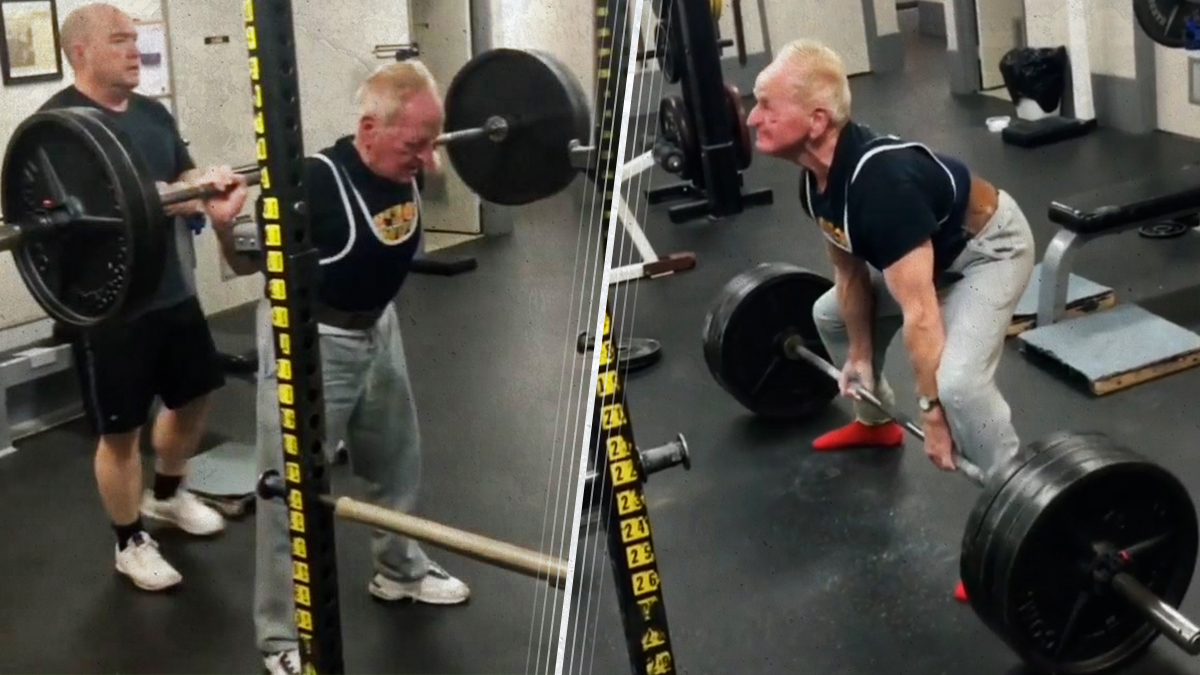Dude, you are so far beyond the norm already, there's no sense in worrying about it. Strive to make small gains on a consistent basis, and hold on to what you build for as long as you can as you get older.
Yup. And listen to what your body is telling you.
My goal 35 years ago was getting bigger and stronger, and my priority was, "As much progress as possible, as soon as possible".
My #1 priority now, is, "Avoid training injuries". It took me a long time to accept/admit that in the quest to push to the limit, training injuries not only resulted in delays to progress, they usually set me back anywhere from days, to weeks, and even months (and that's not counting longterm/forever after effects).
It's not always possible to avoid training injuries. They can happen out of the blue, but the simple fact is, a lot of times, they happened when I pushed myself past where I should have gone, "Nope".
I have zero intentions of ever trying a 1rm again. That's too close to the edge, for me. Even for the heavier stuff (as mentioned in earlier posts), I stick to 5 reps.
When the 5th rep on the heaviest set feels easy enough, that I KNOW I could do a 6th, and possibly even a 7th rep, I don't. I just increase the weight the next time I do that exercise. Following this particular methodology may not produce gains as quickly as pushing to the limit, but what it HAS allowed, is making slower, but overall greater gains over time, simply by reducing/eliminating layoff periods due to injury/recovery.
And I KNOW I don't recover as quickly (or fully) as I did 30+ years ago.
The other benefit of pushing for strength gains this way, is that I rarely have soreness levels I used to, in my younger days. I realized that I used to drastically overtrain back then, which actually slowed my progress. I was just fortunate that in my youth, my body was able to handle the stupidity. I equated the level of soreness with how good a workout was.
Getting older, and more educated, taught me the difference between stressing the muscles enough to force the adaptation to get stronger, vs stressing the muscles so much, that a lot of calories and nutrients (and time) was wasted just recuperating from the toll on the body.
In this last respect, the Garmin watch's HRV (Heart Rate Variability) measurement while sleeping, has also been a good aid for keeping tabs on my training. It's actually been a pretty good gauge of overtraining (when I went on a cutting cycle and began adding more cardio, I could see when I was doing more cardio than my body could handle on top of my regular workouts, when my overnight HRV began dropping).


